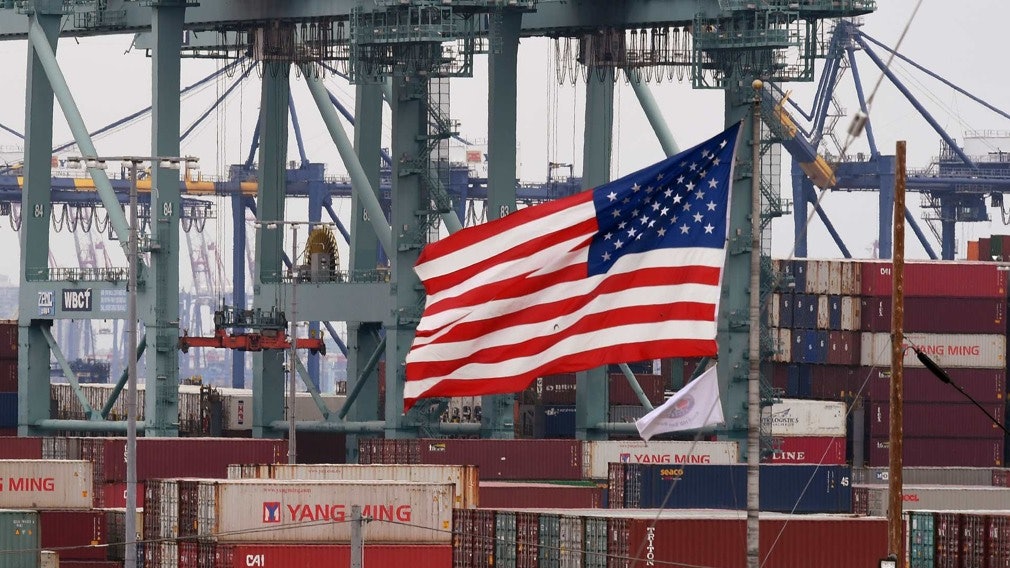On June 3, Washington time, the US Trade Representative Office and the White Paper on the Chinese Position on China-US Economic and Trade Negotiations issued by the Chinese government last Sunday (2nd) and China’s new round of counter-measures The Ministry of Finance also issued a statement with a sharp statement.
Before the start of the next round of economic and trade consultations, both Beijing and Washington showed their disappointment with each other. The China-US trade war entered a protracted war of overweight sanctions.
Before the start of the G20 Summit in Osaka, Japan, especially in the United States, the public opinion circles began to quarrel over the stagnation of China-US trade negotiations. But in the eyes of industry observers, this quarrel may be meaningless, because China and the United States may not be the biggest losers of the current trade war.
The Donald Trump government has recently taken the tariff bar to Mexico and announced the cancellation of India’s GSP benefits during the same period. Faced with this situation, analysts from financial research institutions such as Gavekal pointed out that the “innocent bystanders” of emerging markets in Europe and developing countries will be in the long-term trade war between China and the United States, due to the blockage of the supply chain or Breaking and bearing greater pressure than China and the United States.
In fact, the view that “the real impact of the China-US trade war is outside of China and the United States” has been circulating for several months. Starting in February 2019, headed by South Korea, many emerging economies in the global supply chain have experienced a significant economic downturn. Considering that China and the United States’ gross domestic product (GDP) are not so dependent on international trade, other markets that appeared to be in the form of bystanders have become the bigger losers outside China and the United States.
Trump’s words also have some truth.
As China and the United States issued white papers and statements on trade war issues on June 2 and 3, and China’s counter-measures have also taken effect. In the face of the new situation of confrontation between China and the United States, the Western media quickly began to talk about the possible profit and loss situation in the dispute between the two countries.
From Washington to New York, many commentators, financial dignitaries, and political circles have made a sound. The most prominent of these is Trump himself. On June 3rd, Trump published his latest thoughts on Twitter. He not only stressed that the United States “has benefited greatly from the tariffs imposed on Chinese imports,” and “the trade war has little impact on the United States.” He also said that the US has obtained “numbers” from punitive tariffs imposed on Chinese imports. One billion dollars.”
For the US retail industry and the average consumer, Trump’s speech is ridiculous: after the United States imposed high tariffs on Chinese exports to the United States, this series of initiatives has led to the inclusion of clothing, furniture, and electronics in the United States. The rise in prices of thousands of commodities has hit every aspect of the daily lives of ordinary Americans.
Some economists expect that after the implementation of the new round of tariffs, it will also lead to an increase of 500 to 550 US dollars (about 4,100 Hong Kong dollars) per year for middle-income families with annual income of US$61,000 (HK$478,000). This situation is far from the “not too big impact on the United States.”












